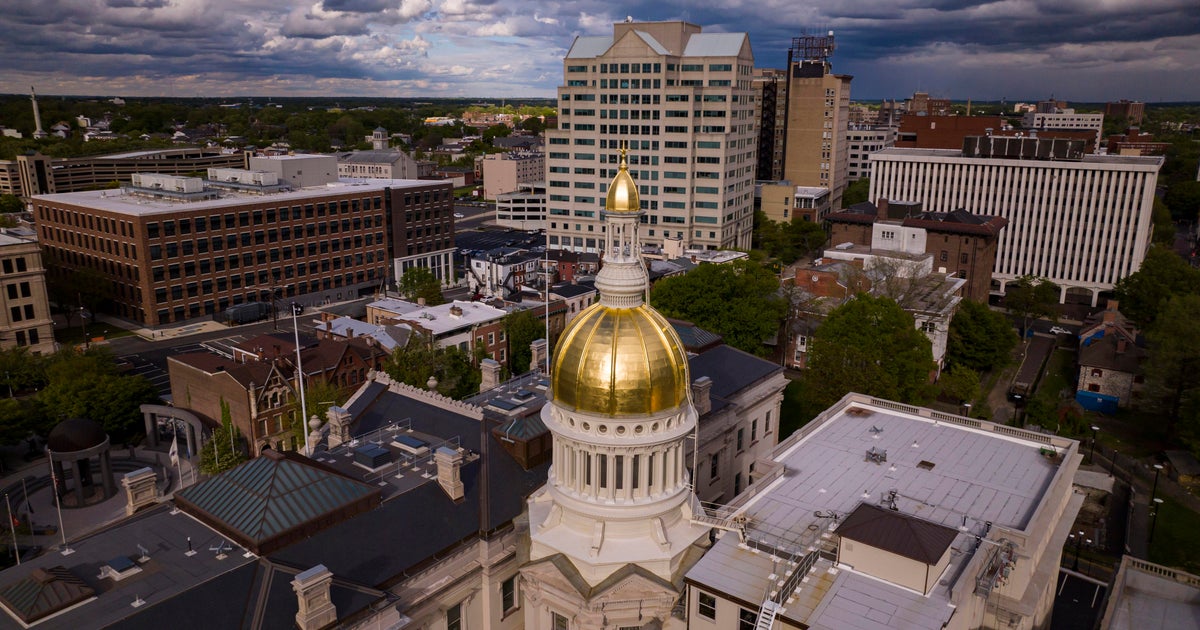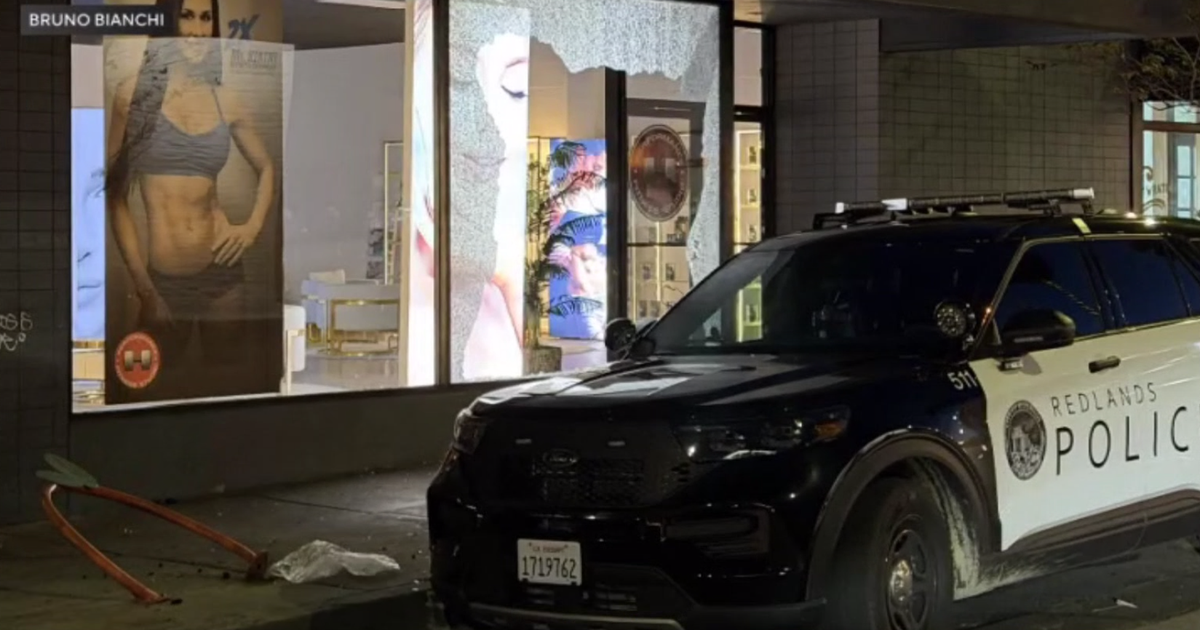ACLU: Group Improperly Barred Protesters From Detroit Park
By COREY WILLIAMS/Associated Press
DETROIT (AP) - A nonprofit group that maintains a popular downtown Detroit park improperly barred groups from protesting there, a lawsuit filed Wednesday alleges.
The American Civil Liberties Union names the Detroit 300 Conservancy and Guardsmark security in its lawsuit filed in federal court in Detroit.
The lawsuit contends that a security guard asked four members of the anti-foreclosure group Moratorium NOW! to leave Campus Martius as they began petitioning last February against cuts to city pensions in Detroit's bankruptcy plan. The guard told the group that the public park was in fact private and that they risked arrest, according to the lawsuit.
About 15 members of Women in Black-Detroit, an anti-war group, also were prohibited in June 2013 from marching through the park, the lawsuit said.
"Campus Martius belongs to the city of Detroit and its people," ACLU staff attorney Brooke Tucker told reporters Wednesday. "Regardless of who manages our public assets, no private organization's rules will ever trump the freedoms enshrined in the U.S. Constitution."
The ACLU is seeking a preliminary injunction to stop the banning of petitions and marches at Campus Martius, and an admission from the conservancy that the actions violated First Amendment rights, Tucker said.
Campus Martius is considered by many as downtown Detroit's public square. Musical programs, Christmas tree-lighting ceremonies and other events are held there. The park is turned into an ice-skating rink in the winter.
On its website, the Detroit 300 Conservancy lists itself as successor to Detroit 300 Inc., which funded construction of Campus Martius. The conservancy says it is "responsible for management, maintenance and operation of the park" under an agreement with the city.
The organization said in an email that it would review the claims but that before Wednesday it was unaware of concerns about the events cited in the lawsuit.
"The conservancy takes the diverse and inclusive stewardship of Detroit's public spaces very seriously and has a long history of working with our public and civic community partners," it said.
Guardsmark didn't immediately respond to a message Wednesday seeking comment.
Mayor Mike Duggan's office said the lawsuit is being carefully reviewed.
"The city will appropriately respond in court," city attorney Melvin Hollowell said in an email. "Of particular note is that the two alleged events giving rise to the lawsuit occurred a year ago and almost a year and a half ago, respectively. The city of Detroit respects the constitutional rights of all our citizens, and our policies reflect that."
Duggan took office as mayor in January 2014.
Some types of demonstrations may need local permits, but First Amendment rights would apply for people in public parks anywhere whether the parks were managed by a city or a private entity, said Peter Scheer, executive director of the First Amendment Coalition.
The nonprofit is based in San Rafael, California, and focuses on protecting rights under the First Amendment and public access to information about government.
Detroit, which emerged in December from the country's largest municipal bankruptcy, has entered into public-private partnerships as a way to improve some public amenities without using money the city doesn't have available.
The ACLU says in 2013 it urged another nonprofit - the Detroit RiverFront Conservancy - to stop preventing demonstrations along the Detroit RiverWalk.
"As privatization becomes more widespread (there is concern) that people will somehow lose their rights," said Michael Steinberg, ACLU legal director. "Campus Martius is a public park owned by the city of Detroit for the people of the city of Detroit, and they should be able to express their views on matters of public importance just like at any other public park."
© Copyright 2015 The Associated Press. All Rights Reserved. This material may not be published, broadcast, rewritten or redistributed.







